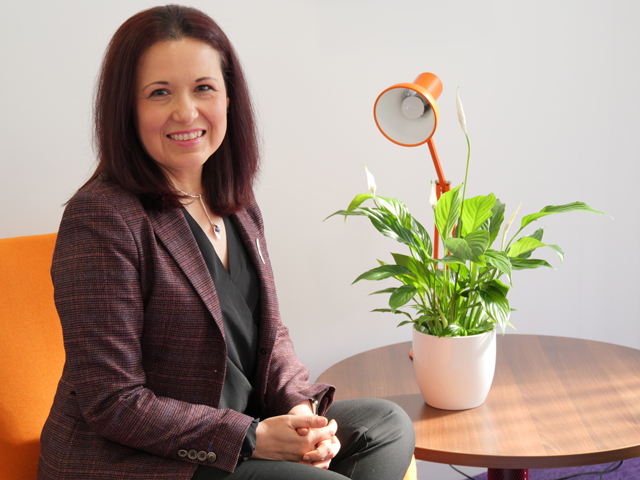
Findings of research commissioned by higher education provider New Model Institute for Technology and Engineering (NMITE) indicate that Covid-19 has created a marked change in attitudes towards higher education amongst 16 to 18-year-olds and parents.
Young people are revealed as valuing higher education for their own futures as well as for the ability it can give them to make a positive contribution to society.
Almost a third (31%) of 16 to 18-year-olds surveyed say the pandemic has made them more likely to study at higher education level, with only 17% saying it has made them less likely to undertake further study.
Alongside this research employers among NMITE’s industrial partners were asked about the skills they value today, revealing that employers value highly creative problem solving (85%), closely followed by real-world experience (81%) and initiative (81%) when recruiting.
The research was conducted by Censuswide in June 2021 among 1,000 16 to 18-year olds and 1,000 parents of 16 to 18-year-olds.
Matching employers’ needs
Parents of 16 to 18-year olds surveyed thought the most sought-after skill was creative problem solving (59%), which was thought to be the most sought after by 48% for 16 to 18-year-olds. Other skills thought important were communication, resilience, critical thinking and emotional intelligence. Opinions diverged on real world experience, with almost half (47%) of 16 to 18-year-olds considering it as important to employers, who rated it at 81%. Only 38% of parents thought real world experience important to employers.
Just 15% of 16 to 18-year-olds and 16% of parents believe that examination performance and essay writing ability are desirable skills for future employers. Of those 16 to 18-year-olds surveyed who are more likely to want to pursue higher education as a result of the pandemic, almost half (48%) report that this is because the pandemic has made them feel less sure about their future and 44% say they want to make more contribution to society.
In line with this ‘Covid Effect’, fear seemed to be a driving factor for parents of students aged 16 to 18 years. Over a third (35%) of those surveyed say the pandemic has made them more worried about their child’s future and 24% say they have encouraged their child to consider a more practical course of undergraduate study.
NMITE’s President and Chief Executive Officer, Professor Elena Rodriguez-Falcon said the Covid-19 pandemic has shown the need for more work-ready engineers to tackle global challenges. “This new research demonstrates that attitudes have changed with a clear increase in demand for undergraduate study,” she said. “As UCAS, the university admissions administrator, has confirmed, there have been more applications than in previous years accompanied by a rise in offers from universities.”

